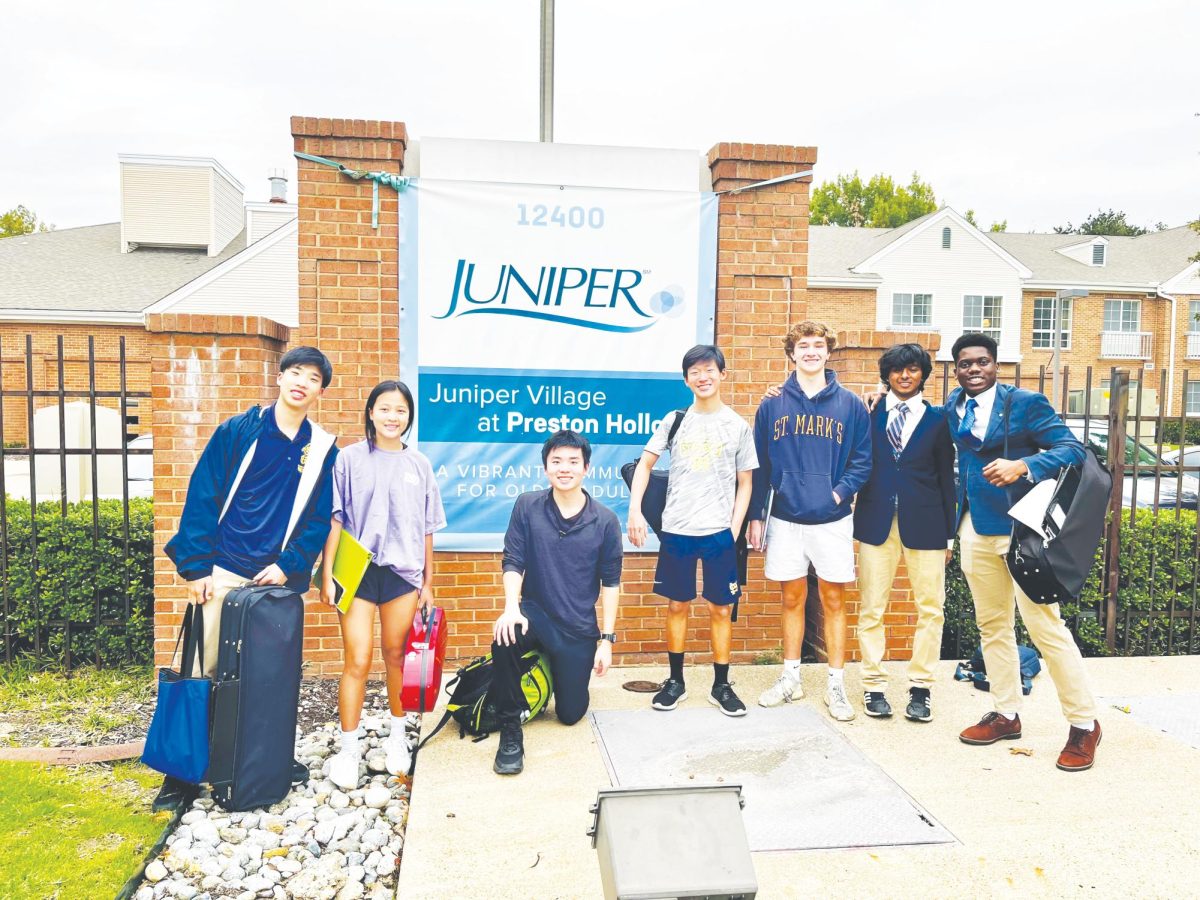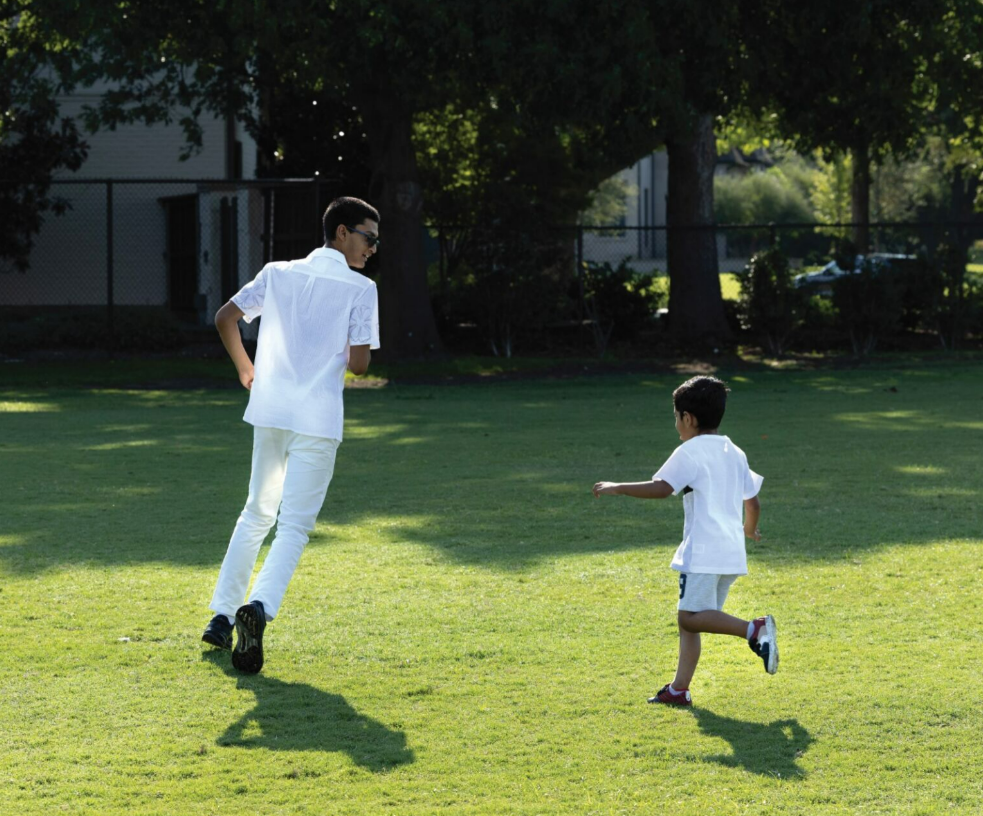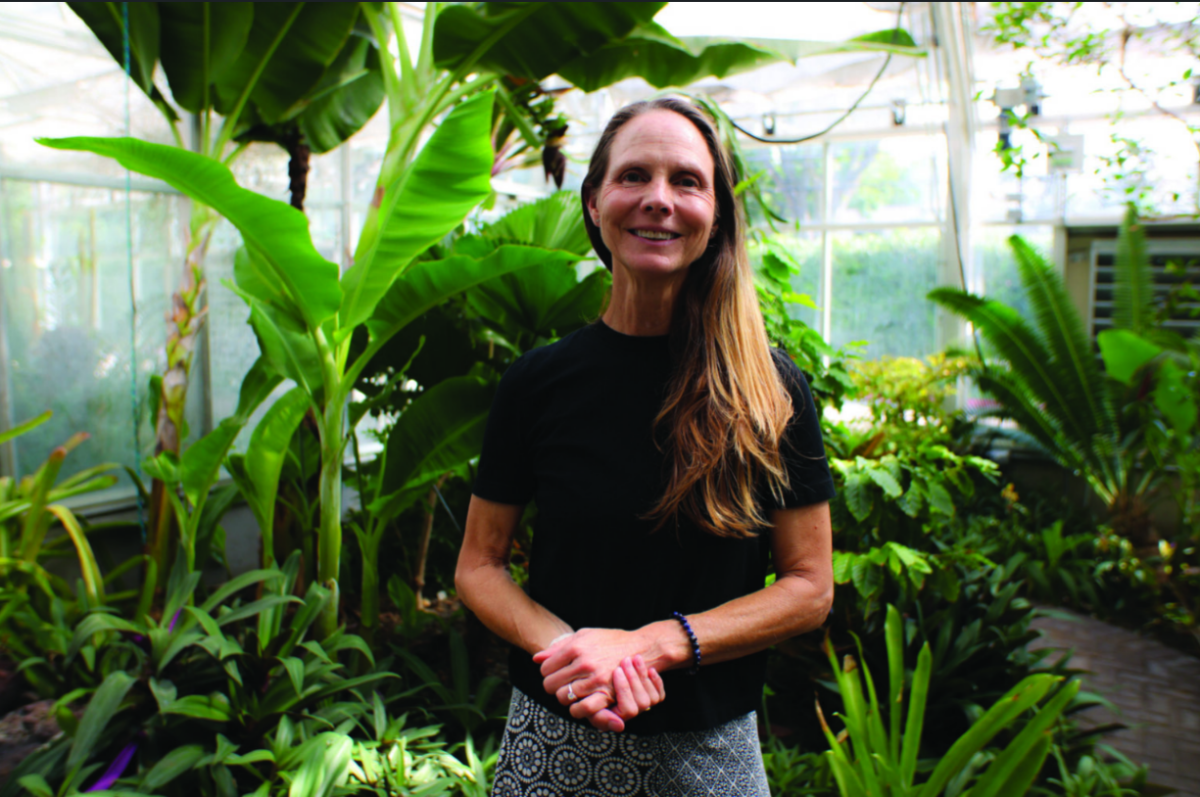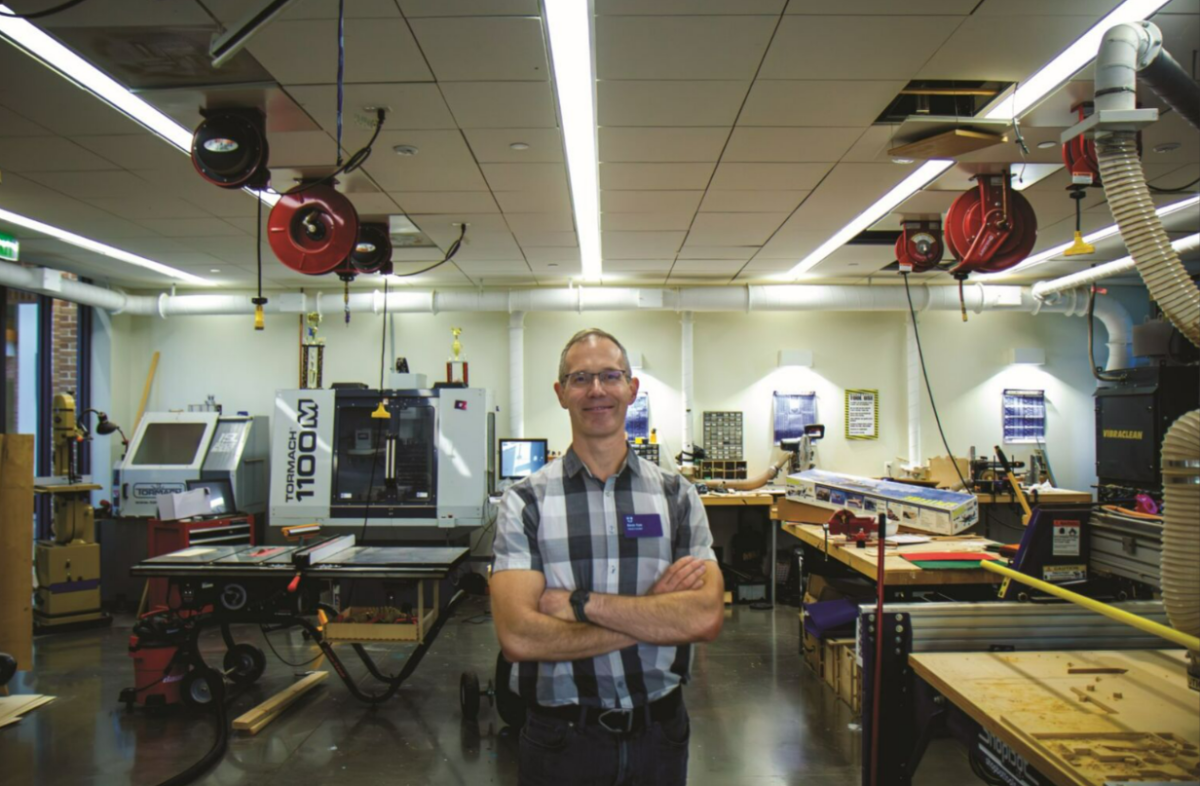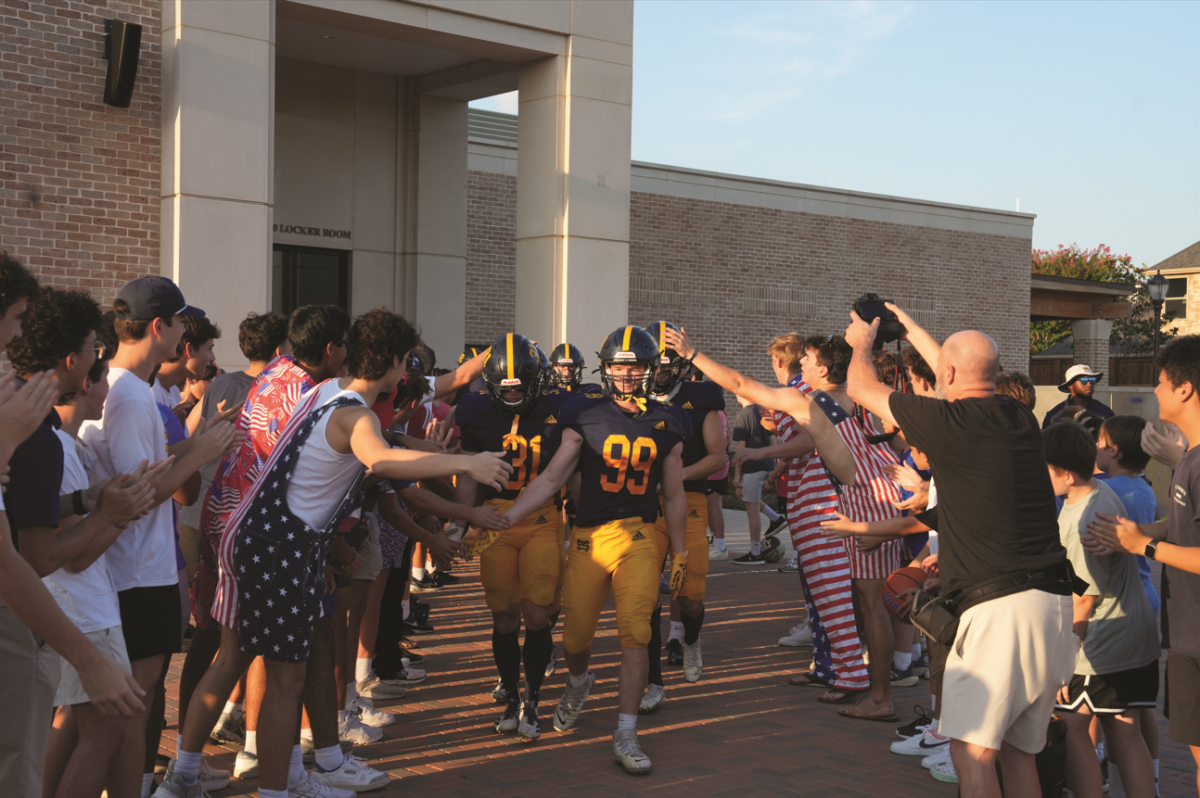Music is often known as a universal language. Around the world, people express their joys, sorrows, fears, regrets, hopes and other emotions through song.
For the elderly, music can mean much more than simple entertainment—it has the ability to trigger or unlock many repressed emotions.
And for Alzheimer’s and dementia patients, music serves as a form of medicine, temporarily reversing the effects of memory loss and revive a connection to childhood memories.
That’s where junior Daniel Deng and his club, Music for Eternity, come in. The club’s mission is to perform music for the elderly at various assisted living facilities. Having a lifelong passion for music, Deng became involved with the club as a freshman.
Deng joined the club while looking for musical opportunities at the school. After former club president Svanik Jaikumar ’23 graduated, Deng filled his role. Deng also coordinates students from Hockaday, ESD and other schools around the Dallas-Fort Worth metroplex at various events throughout the school year.
“It actually started off as piano and violin because those were Svanik’s strong suits,” Deng said. “We’ve expanded to vocal performances, guitar, violin, viola and French horn. We also have two saxophone players. I’m open to including a wide variety of instruments.”
A 12-year Marksman, Deng discovered his love for the piano during Lower School, taking lessons for a few years with a teacher in Plano. In fourth grade, he joined choir, supplementing his vocal training with a private voice teacher. When he entered Upper School, he stopped studying piano with a teacher and began sight-reading music pieces on his own, building up his ability to quickly learn music.
“I just switched to playing whatever I wanted, and that’s how I got really good at sight-reading,” Deng said.
Even though many of the club’s members are classically trained musicians, Deng emphasizes other forms of music for club performances, even though he knows members are sometimes pushed outside their comfort zones.
“I tell everybody in the club that they shouldn’t perform only classical music or the pieces they like,” Deng said, “because the entire point of the club is to provide entertainment for seniors. So, typically, I go with a mix. I can pretty much do any genre, which really helps because I can offer to accompany anybody in any song of their choice.”
Other members of the club share Deng’s joy when interacting with the residents at the homes where club events take place.
“Every time we finish a performance, I feel a sense of fulfillment and happiness,” junior Daniel Sun said. “I’m really happy to share my music with people in nursing homes when they don’t have many opportunities to listen to live performances. My goal in the future is to hopefully reach out to more communities.”
In a similar manner to Music for Eternity, Deng has seen the connecting power of music in his Chinese music concerts.
“There are all kinds of people there,” Deng said. “It may just be a Chinese song competition, but it just shows how far music goes to unite everybody. I’ve seen, for example, a Black person singing at the Chinese song contest, and his Chinese was amazing. It just shows that music can help surpass all barriers, even race or language. It’s pretty awesome.”
While Music for Eternity has made significant contributions already, Deng feels that the club can still impact the community more.
“It’s like a hidden treasure for musicians,” Deng said. “It’s such a great opportunity to build your performance experience and spread joy to the community. And there’s so much wasted talent because there are so many talented musicians out there who aren’t using it to their full potential. I would love it if more musicians would be aware of Music for Eternity so they can contribute their talents to bettering our community. It’s such a great opportunity, and I wish more people would be aware of it.”
Deng has made many connections with the elderly over the past few years, but one specific experience stands out to him. The audience of Music for Eternity’s concerts rarely gives much feedback to performers, except for the occasional “well done!” or “good job!” One patient, however, told Deng something that he would remember for the rest of his life.
“One time, we were at a dementia care center and this nice lady came up to us and said, ‘You know what, man? You really remind me of my grandkids. They used to love playing music, and I haven’t seen them in a really long time. I just wanted to let you know that you’ve made me happy today’,” Deng said.


